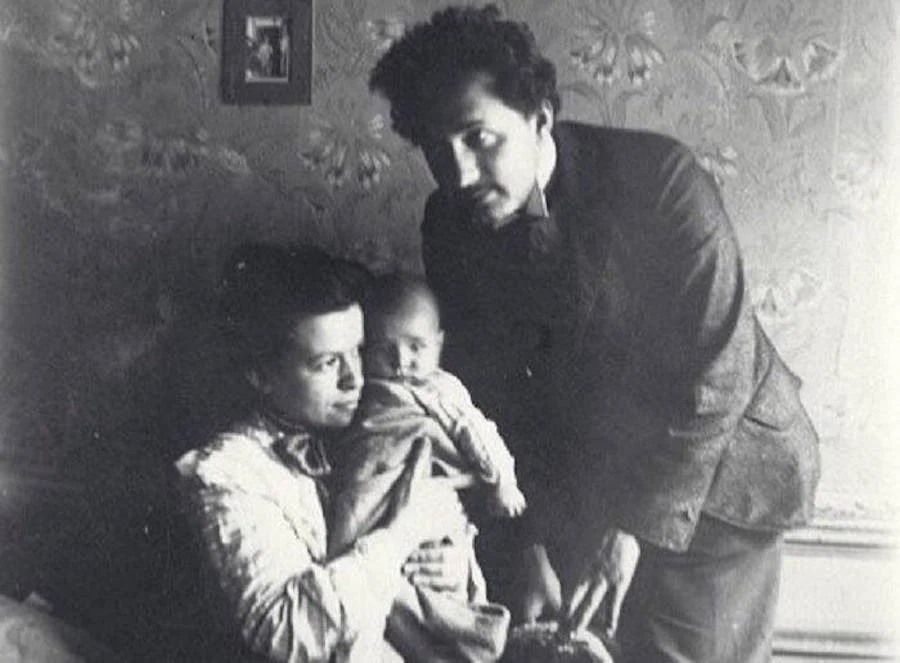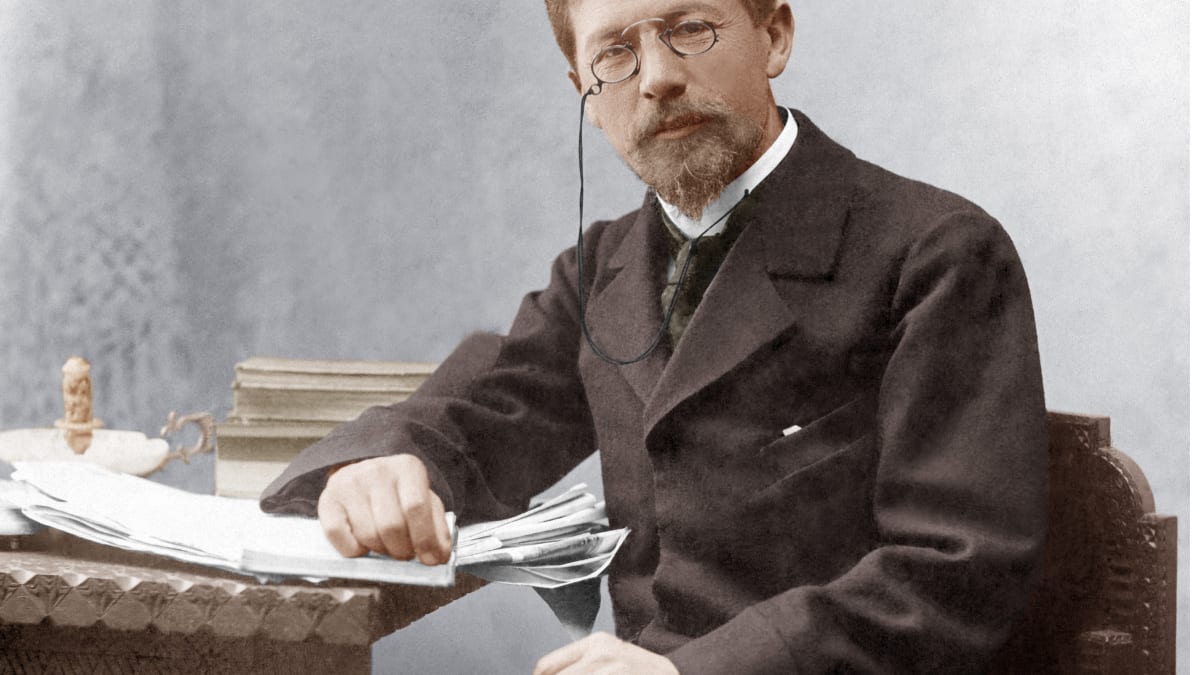Leo Tolstoy’s Inspirational letter to Mahatma Gandhi
The longer I live–especially now when I clearly feel the approach of death–the more I feel moved to express what I feel more strongly than anything else, and what in my opinion is of immense importance, namely, what we call the renunciation of all opposition by force, which really simply means the doctrine of the law of love unperverted by sophistries. Love, or in other words the striving of men’s souls towards unity and the submissive behavior to one another that results therefrom, represents the highest and indeed the only law of life, as every man knows and feels in the depths of his heart (and as we see most clearly in children), and knows until he becomes involved in the lying net of worldly thoughts. This law was announced by all the philosophies–Indian as well as Chinese, and Jewish, Greek and Roman. Most clearly, I think, was it announced by Christ, who said explicitly that on it hang all the Law and the Prophets. More than that, foreseeing the distortion that has hindered its recognition and may always hinder it, he specially indicated the danger of a misrepresentation that presents itself to men living by worldly interests–namely, that they may claim a right to defend their interests by force or, as he expressed it, to repay blow by blow and recover stolen property by force, etc., etc. He knew, as all reasonable men must do, that any employment of force is incompatible with love as the highest law of life, and that as soon as the use of force appears permissible even in a single case, the law itself is immediately negatived. The whole of Christian civilization, outwardly so splendid, has grown up on this strange and flagrant–partly intentional but chiefly unconscious–misunderstanding and contradiction. At bottom, however, the law of love is, and can be, no longer valid if defense by force is set up beside it. And if once the law of love is not valid, then there remains no law except the right of might. In that state Christendom has lived for 1,900 years. Certainly men have always let themselves be guided by force as the main principle of their social order. The difference between the Christian and all other nations is only this: that in Christianity the law of love had been more clearly and definitely given than in any other religion, and that its adherents solemnly recognized it. Yet despite this they deemed the use of force to be permissible, and based their lives on violence–so that the life of the Christian nations presents a greater contradiction between what they believe and the principle on which their lives are built: a contradiction between love which should prescribe the law of conduct, and the employment of force, recognized under various forms–such as governments, courts of justice, and armies, which are accepted as necessary and esteemed. This contradiction increased with the development of the spiritual life of Christianity and in recent years has reached the utmost tension.
Leo Tolstoy, Sep. 7, 1910





